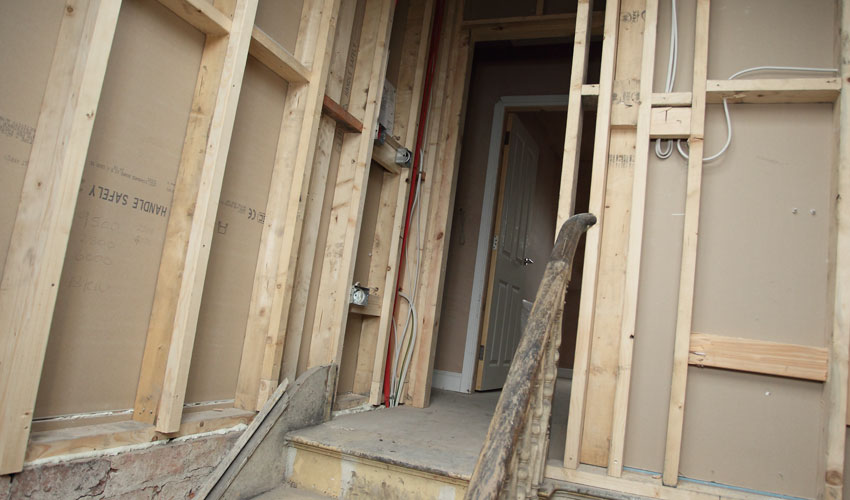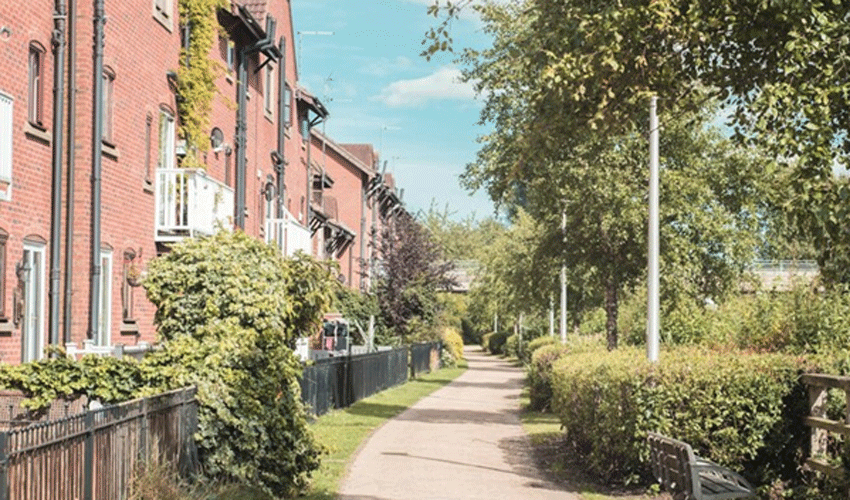
Reports from 2017 have stated that Beverly was to become the fastest broadband town in the UK.
Thanks to KCOM’s Lightstream rollout of broadband, 97% of Beverley homes have access to super-fast broadband, compared to just 51.2% nationally, and 90% in the rest of Yorkshire.
Having a fast and accessible internet connection is crucial in 2018, not just for surfing the web and streaming TV, but many rely on it for work and educational needs.
So, it’s no surprise that Beverley was named the 16th best place to live in the UK in Property Week’s Hot Housing Index 2017 and the dedication to improving the amenities for residents reinforces this. The rollout was viable due to the Fibre to the Premises (FTTP) technology, which literally brings fibre optic cabling to people’s houses. But how important is the internet really?
What is the Internet Like in the UK?
How does the internet use of the UK stack up? Just 10% of those surveyed claimed to never use the internet in Yorkshire and the Humber, which places them in the middle of the results. Northern Ireland claimed 14% had never logged on, while London dropped down to 6%. These results should be adjusted based on demographics but there is a clear regional divide as to those able to access the internet, which has been obliterated by Beverley’s broadband rollout, showing that historic Northern towns can be as modern as the hub of enterprise in London. So, with so many of the population online, this goes to show how important the internet is, but what exactly are we doing online?
What Do We Do Online?
Reports from 2015 in Entrepreneur shows that Hong Kong is the primary e-commerce spender, while Norway, Israel, the USA, and Denmark all come before the UK’s $1,689 revenue per online shopper. Indeed, e-commerce is fast outgrowing the high street and the arming of somewhere like Beverley with such fast internet further shows how our habits are leaning more towards being online. Not only are we moving towards convenience by what sites we visit, but also by how we visit them. Smartphone penetration has increased, leaving 44.95million in the UK as regular smartphone users. Statistics show that, worldwide, 51.95% are mobile users, while just 43.98% prefer desktop(and 4.07% tablet). However, the UK leans more heavily towards desktop at 51.48%, with mobile accruing 37.52% and tablet a dramatic 11%. But what does this mean for our internet usage?
Is Online Gaming Taking Over?
The UK is one of the biggest online gaming communities, which are often accessed through a desktop. So, it’s no surprise that we top the stats for desktop over mobile. According to NewZoo, the internet population for the UK is a staggering 62million out of 66million people, bringing in an online gaming revenue of $4,238million annually according to statistics. Rockstar Games’ Grand Theft Auto became the fastest selling entertainment product of all time in 2016 with its impressive online offerings, while Pokemon Go reached 6million downloads and 1million active players since its release in the UK alone. The casino gaming market share, which includes companies serving both mobile and desktop, like Betway Casino, stands at 34% of all gambling revenue, an increase of 1.5%. While Candy Crush Soda Saga ranks at #2 in casual gaming. Gaming habits online show that the internet has superseded more traditional forms of gaming.
Our Obsession with Social Media
No discussion on internet use can be conducted without a mention of social media, which is not just a fun pastime and way to communicate, but, for a lot of SMEs, a key way of generating business. In the UK, there are 36.68million Facebook users (compared to 38.68million social media users in general), making 67% of adults Facebook users. The penetration rate for social media users in the UK stands at 62%, which shows how important we consider social media as a way of life. 30% of all online time is dedicated to social media, with teenagers spending around 9 hours a day on the platforms. Most of it remains on mobile, with 60% of social media time being facilitated by a smartphone. 2017’s social media ad spend was $36billion, which shows that brands and companies know the value and time spent on social media and how crucial it is to take advantage of this.
Everything Is Online
The rise in the use of online has spread – from AirBnB absorbing our travel plans online, to JustEat and Deliveroo bringing our fast food consumption onto an online platform. Quickbooks turns our accounting into an app, and PeoplePerHour even brings freelance recruiting online. Our dependence on the internet is a fact of life in 2018 and, while many may idle away on social media, there is such a wealth of information available at our fingertips. Netflix has even turned us off the TV and onto the internet as a way of consuming entertainment, and rival models continue to follow, changing the standard way of watching television and even going to the cinema. It is clear that the internet is an integral part of our lives and that we are spending so much time on it, so strong internet is inherently important.
Following on from the past five years of greater internet connection in Beverley, the announcement that such a high percentage have online access furthers the town’s bright future. While some may decry the reliance on the world wide web, for many, it has become a second nature source of almost all we do. From gaming to communication, everything has been made easier with the introduction of the internet, and going back to slower speeds would be a massive shock for everyone.












